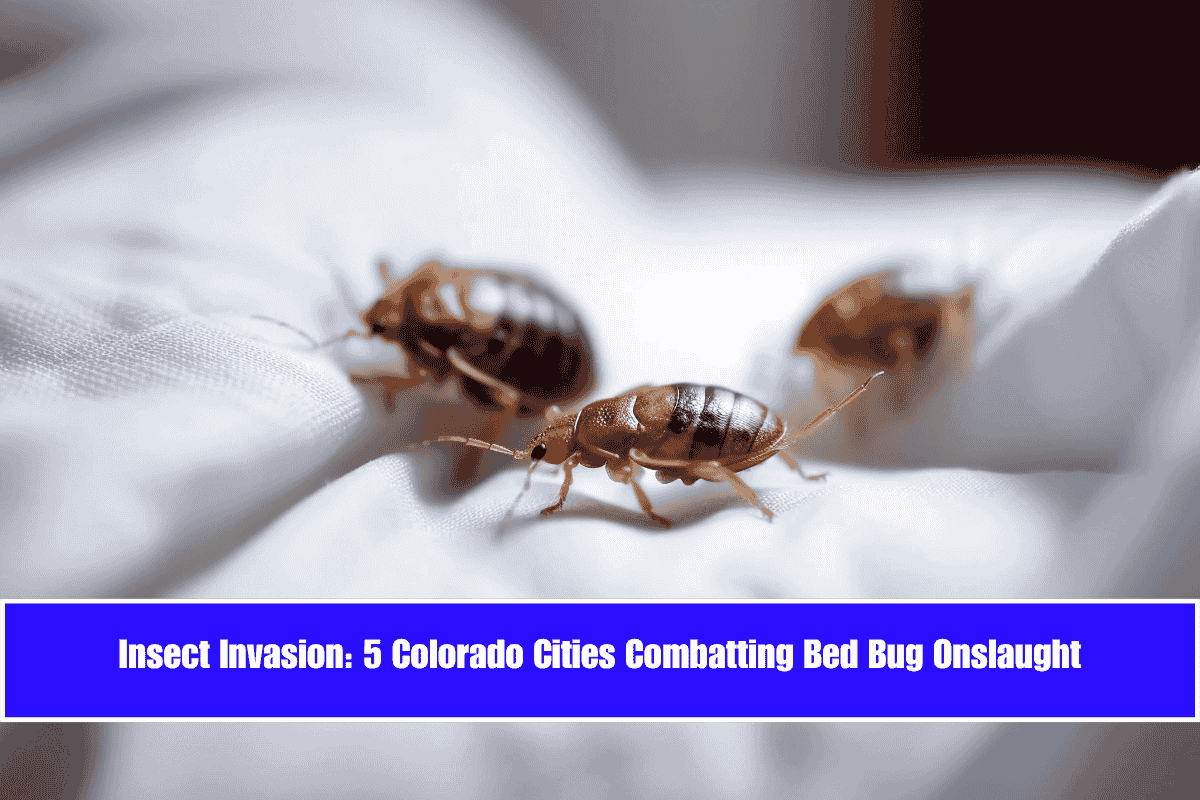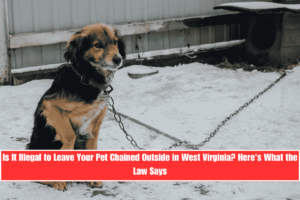Bed bug infestations are on the rise across Colorado, reflecting a broader national trend. While Colorado is not the hardest-hit state, several of its cities are experiencing significant challenges with these persistent pests and are taking active measures to combat them.
The Five Colorado Cities Most Affected
| City | Key Issues & Actions |
|---|---|
| Denver | Ranked 15th worst in the US for bed bugs, with a sharp increase in infestations. High population density and travel contribute to the problem. |
| Colorado Springs | Growing population and tourism have led to more bed bug reports. Pest control companies note a steady rise in calls. |
| Fort Collins | College town status means frequent housing turnover and many visitors, increasing risk and spread. |
| Boulder | Proactive public education, promotion of non-chemical treatments, and detailed prevention guidelines for residents. |
| Wheat Ridge | Legal action by tenants against landlords highlights severe infestations and challenges in property management. |
Strategies and Responses
Colorado cities are employing a multi-faceted approach to tackle bed bug infestations:
- Education and Awareness: Municipalities are providing resources to help residents identify and prevent infestations, including guidelines on early detection and reporting.
- Legislative Action: Colorado has enacted strong bed bug laws (notably HB19-1328), clarifying landlord and tenant responsibilities. Landlords must inspect within 96 hours of notification and initiate treatment within five days if bed bugs are found.
- Professional Pest Control: Residents are encouraged to use licensed pest control professionals, as effective treatment often requires a combination of chemical and non-chemical methods, follow-up inspections, and targeting all life stages of the pests.
- Non-Chemical Treatments: Some cities promote alternatives like heat treatments, which can be highly effective and reduce reliance on pesticides.
- Early Detection: Prompt reporting and inspection are emphasized to prevent infestations from spreading within multi-unit buildings.
Legal Protections for Tenants
Colorado law is among the most protective in the nation for tenants facing bed bug issues. Key provisions include:
- Landlord Obligations: Inspection within 96 hours of tenant notification and a comprehensive eradication plan if bed bugs are confirmed.
- Financial Responsibility: Landlords are responsible for all inspection and treatment costs, except in cases of tenant non-compliance.
- Legal Recourse: Tenants can sue landlords for damages if infestations are not addressed promptly, including claims for property loss, medical expenses, and emotional distress.
Health and Quality of Life Impacts
Bed bug infestations are more than a nuisance-they can cause:
- Itchy bites, secondary infections, and allergic reactions
- Sleep disruption, anxiety, and chronic stress, sometimes leading to symptoms similar to PTSD
Prevention and Control Tips
- Wash and heat-treat bedding and clothing (bed bugs die above 120°F)
- Seal cracks and crevices in the home
- Disassemble and sanitize furniture
- Use protective encasements for mattresses and furniture
- Seek professional pest control for severe infestations
Colorado’s cities remain vigilant, combining public education, legislative action, and professional pest management to protect residents and visitors from the growing bed bug threat
Sources
[1] https://mylolowcountry.com/usa-laws/insect-invasion-5-colorado-cities-combatting-bed-bug-onslaught/
[2] https://www.ramoslaw.com/colorado-bedbug-laws/
[3] https://www.mylolowcountry.com/usa-laws/insect-invasion-5-colorado-cities-combatting-bed-bug-onslaught/
[4] https://www.thewolfco.com/services/bed-bug-treatment
[5] https://copestpros.com/residential/5-tips-for-get-rid-of-bed-bugs/

















Leave a Reply